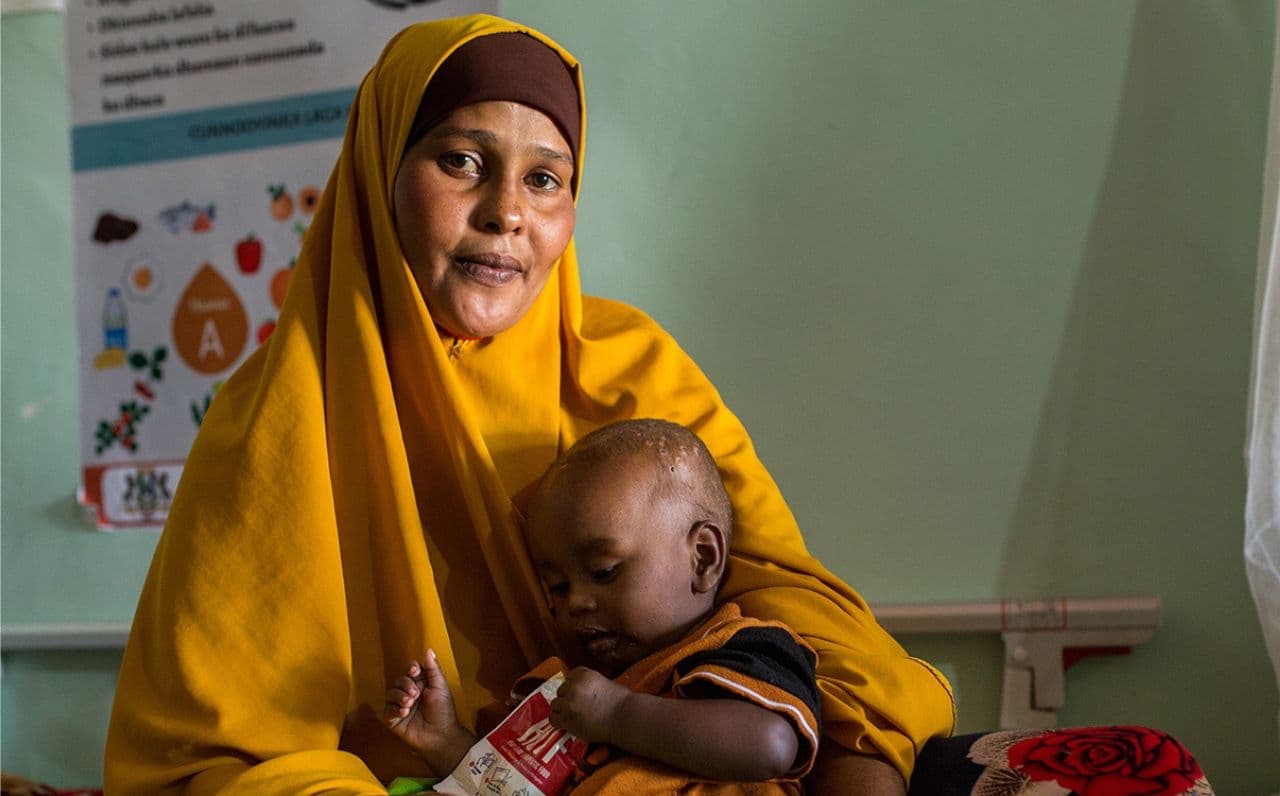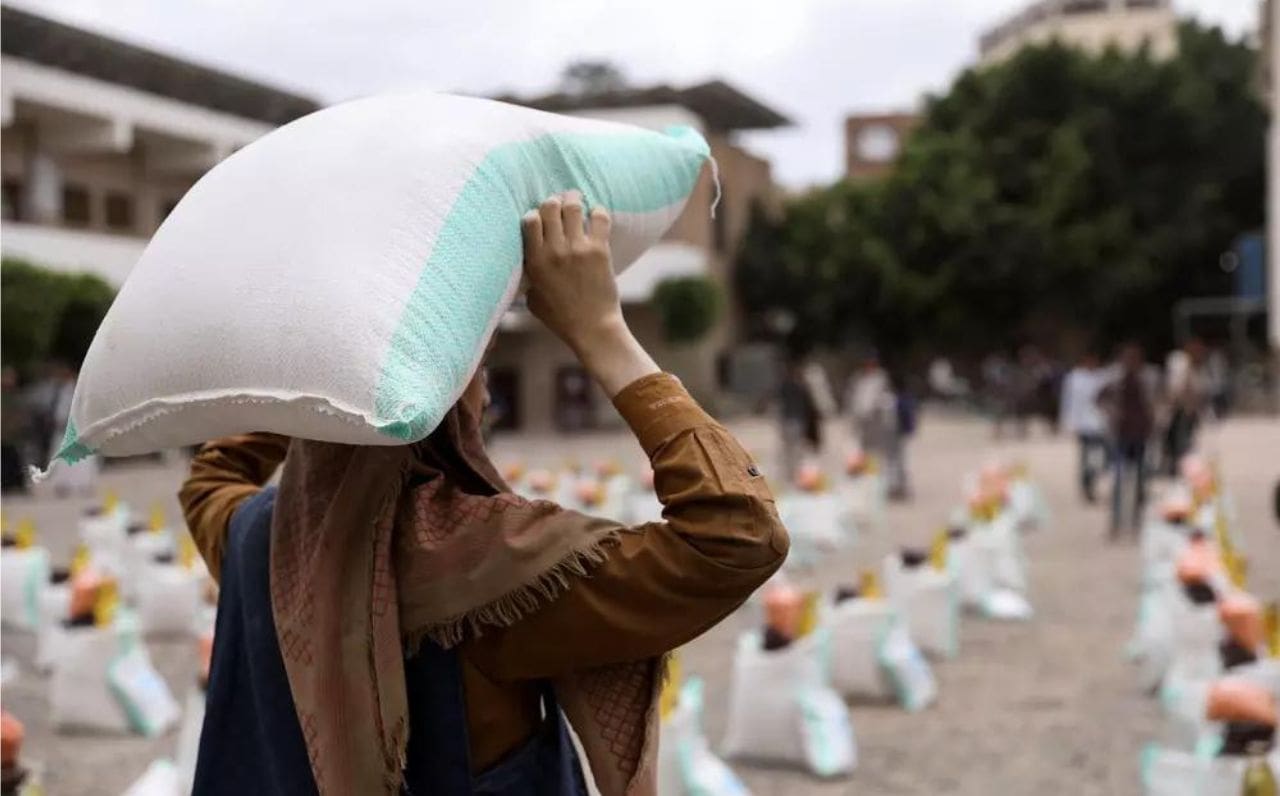Challenges facing Afghanistan in winter
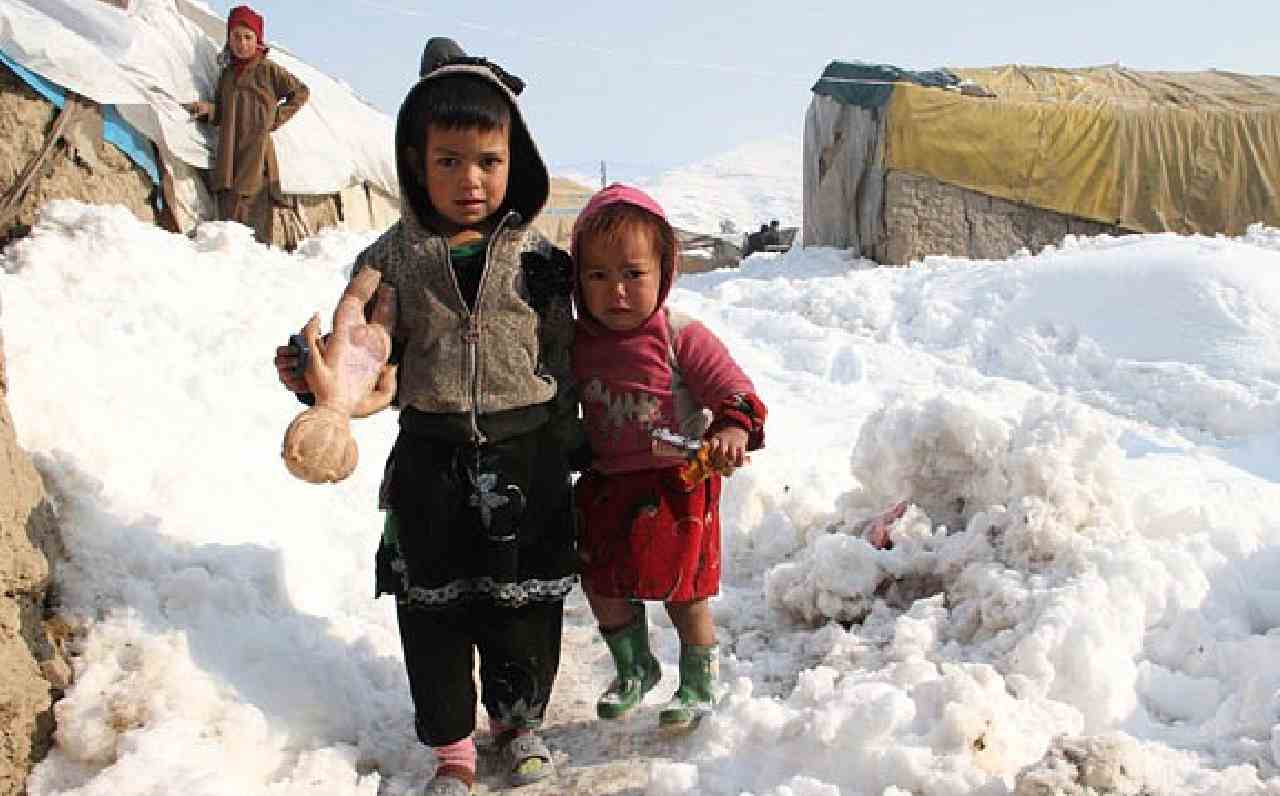
The effects of winter on the human and social situation of Afghanistan.
The year 2022 began in Afghanistan with a number of adverse events. Heavy snow and rain losses in Afghanistan; Meeting of the Commission for Combating Natural Disasters, chaired by Abdul Ghani Baradar
Heavy snow and rain across Afghanistan have left several dead and injured. Yesterday, the Taliban's Ministry of Natural Disaster Management declared a state of emergency across the country.
The Bakhtar state news agency quoted Taliban officials as saying that 11 people had been killed and 23 others injured in recent natural disasters. Heavy snowfall in recent days in Afghanistan has blocked some of the country's snow-covered roads and passages.
On Wednesday, the first meeting of the Disaster Management Commission was held, chaired by Abdul Ghani Baradar, the Deputy Prime Minister, and attended by senior Taliban cabinet ministers. The state news agency Bakhtar reported that at the meeting, Mr. Baradar ordered the relevant ministries and departments to provide immediate assistance to the victims of the recent rains. In recent days, heavy rains in the southern provinces of the country have caused floods and closed highways. Heavy snowfall in the central and northern provinces has also blocked some major highways.
Snowfall for the people of Kabul, the capital of about five million people, is always good news for the clean air of the city and the filling of the aquifers. But this year, snow and cold winters and severe hunger have made life more difficult for the needy in the capital.
The main tunnel on the Salang Highway, which is a mountain pass between the northern provinces and the capital, was opened yesterday despite heavy snowfall, but was closed to passengers due to avalanches.
In recent days, Kandahar, Helmand, Nimroz and Farah provinces in the south have witnessed floods and the closure of highways.
Kabul and the provinces of Jawzjan, Takhar and Badakhshan in the north and Bamyan and Daikundi in the center of the country saw heavy snowfall, which closed some snow-covered passages to travelers.
The country's cold winter has disrupted the distribution of humanitarian aid to millions of people in need of immediate assistance.
UN relief workers also warn that Afghanistan's harsh winter will worsen the conditions of a large part of the country's population.
UN spokesman Stefan Dujarric said the weather was forecast to get colder and snow more in the coming days.
"Our humanitarian partners say the harsh winter is adding to the plight of millions of people in dire straits," he said.
"More snow and lower temperatures are forecast in the coming days in many parts of Afghanistan," UN spokesman Stephen Dujarric told the media during a briefing in New York. "Humanitarian allies provided relief food to seven million people across Afghanistan in December."
The people of Afghanistan are severely affected by political, economic and social crises, and Afghanistan's financial system has been in a free fall since the Taliban took control of Kabul on August 15 last year. The Taliban's takeover of the war-torn country has led to the suspension of aid as well as the seizure of assets of several governments.
The UN Security Council adopted a resolution lifting sanctions against the Taliban to facilitate the delivery of humanitarian aid to Afghanistan. According to the resolution, humanitarian aid and basic necessities activities in Afghanistan do not violate sanctions against the Taliban and allow the use of budget, financial assets and economic resources for the timely delivery of aid.
Meanwhile, the International Organization for Migration (IOM) is concerned about the plight of millions of internally displaced people in Afghanistan, and the UN High Commissioner for Refugees (UNHCR) has stepped up its efforts to provide timely winter assistance to Afghanistan's most displaced families. One of the most worrying things is the rise in fuel prices, which is breaking records these days. Gas and oil prices have risen more than 50 percent in recent days compared to last year. The main factor in the increase in oil and gas prices can be found in the increase in prices in the world market.
Among the domestic factors increasing the price of petroleum products is, first of all, the sharp decline in the price of the Afghani against the dollar and other foreign currencies. In addition, the high production rate and the implementation of 100% customs tariffs after the fall of the previous government, are other factors that have led to an increase in oil and gas prices in the country.
Source and Credit: UN, Bakhtar News
Middle east

2022 Jan 07
Africa

2024 May 10
International, Americas

2024 Apr 16
Increasing Arrests and Faceless Victims Revealed in Latest Findings.
Middle east

2024 Feb 23
Escalating Hostilities Prompt International Concern
Africa

2024 Feb 20
SimilarNews
 Report Highlights Rights Violations Against Christians in Iran
Report Highlights Rights Violations Against Christians in Iran Increasing Arrests and Faceless Victims Revealed in Latest Findings.
Middle east

2024 Feb 23
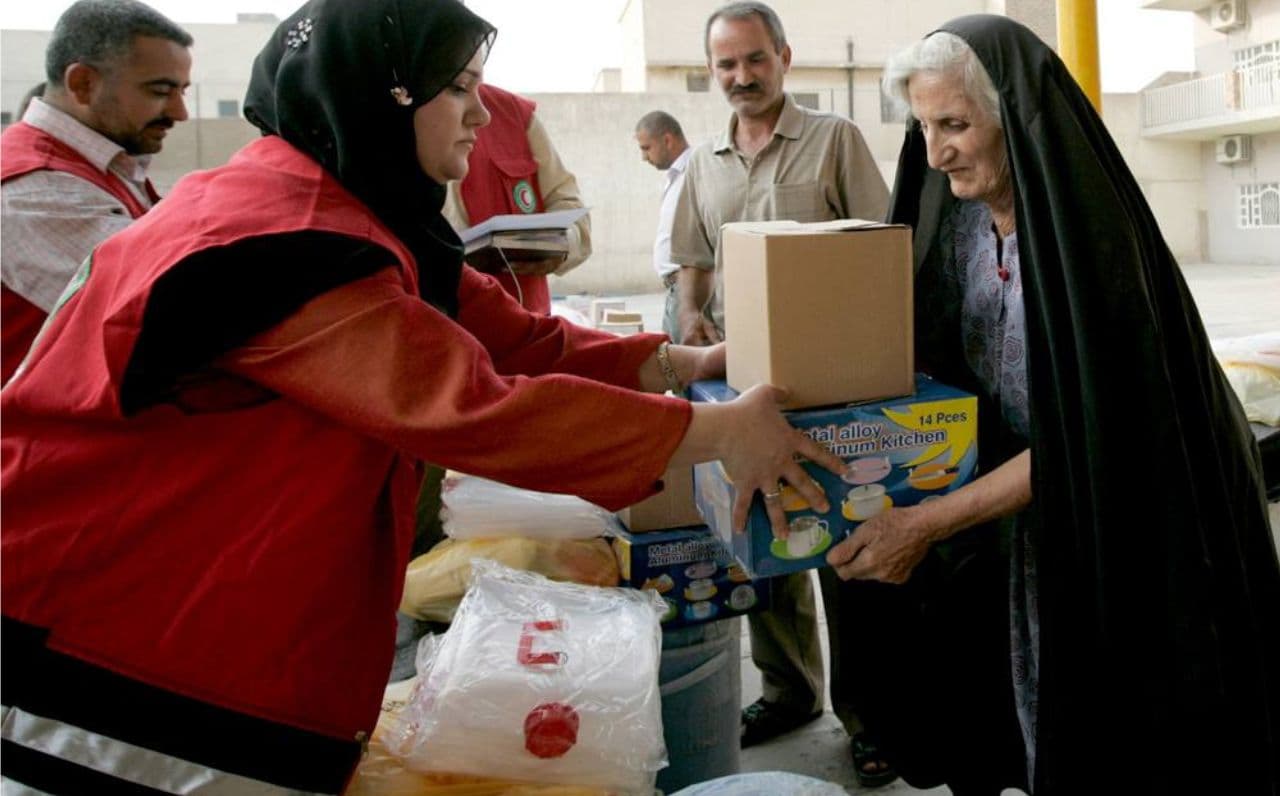 Coalition Strengthens Aid Efforts for Displaced Christians in Iraq
Coalition Strengthens Aid Efforts for Displaced Christians in Iraq Uniting to Provide Crucial Assistance Amid Ongoing Challenges.
Middle east

2024 Feb 19
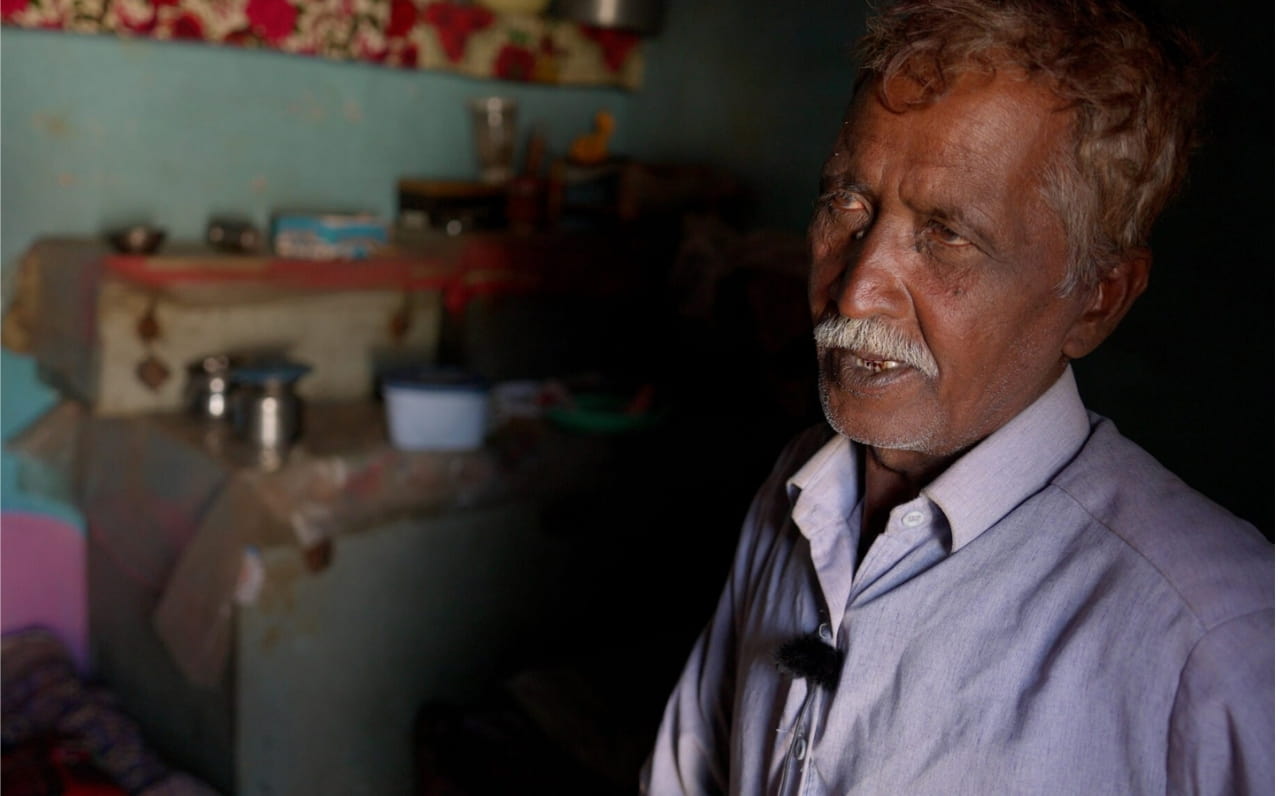 The Chains of Forced Labor and Persecution
The Chains of Forced Labor and Persecution Slavery Grips Pakistan's Christian Minority.
Middle east

2024 Jan 27
Concerns about the detrimental impact on civilians and IDPs.
Middle east

2024 Jan 26
Increasing deportation of Afghan immigrants from Iran and Pakistan.
Middle east

2023 Dec 02
